7 big moves from TransLink’s annual report
7 big moves from TransLink’s annual report
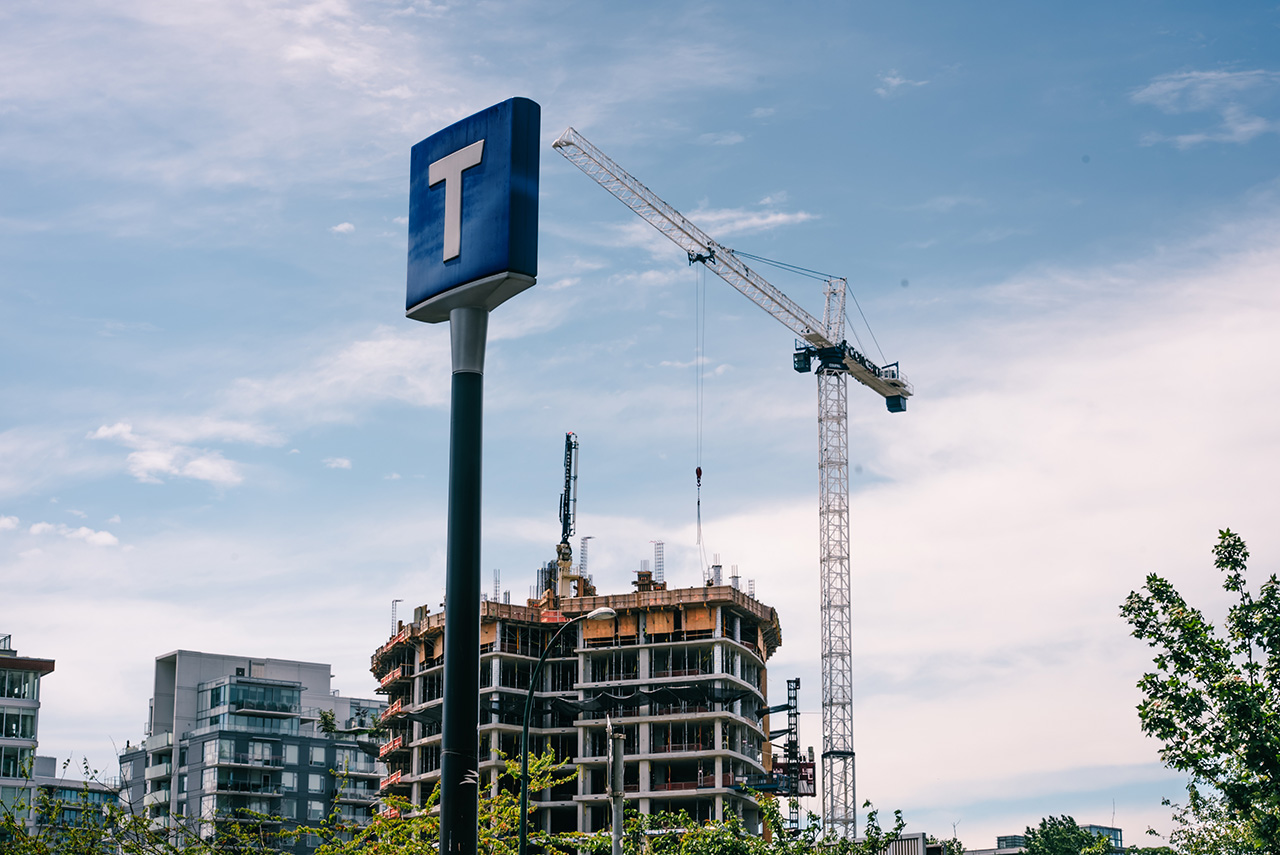
Our annual report card, TransLink’s 2023 Accountability Report, is here! The report highlights progress on social, environmental, and financial responsibility – and celebrates key achievements across the enterprise.
Check out the full report for more details. Otherwise, here’s a roundup of some of the year’s “Big Moves” – in no particular order.
Growing ridership – in a rapidly growing region
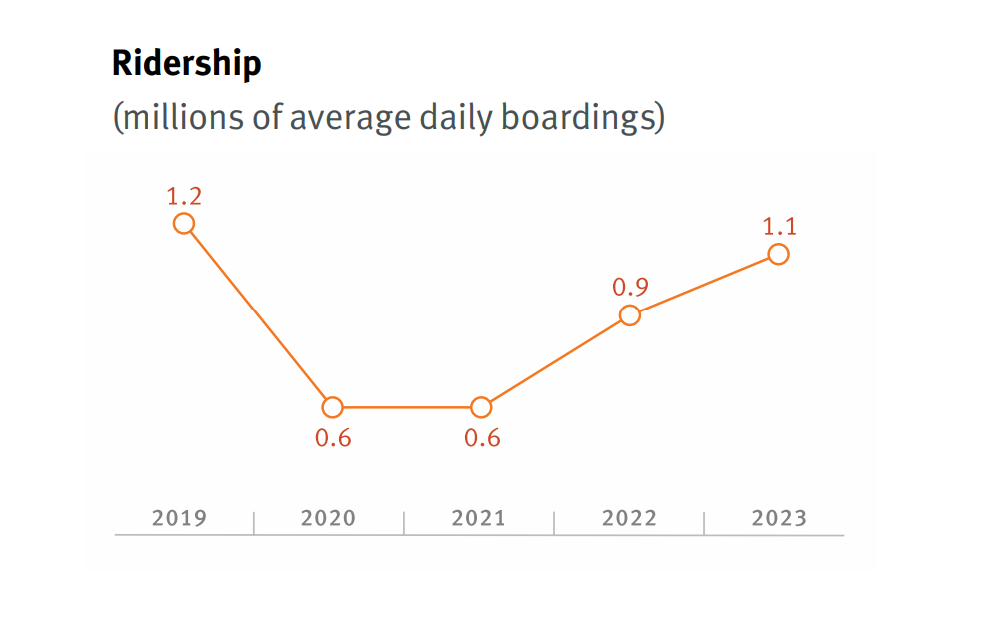
In 2023, we saw impressive ridership growth. Around 900,000 people took transit every week; that means one third of the population relied on us to move around the region. We’re leading ridership among our Canadian and US peer agencies, having recovered to 90 per cent of pre-pandemic levels. Fast-growing parts of the region saw up to a 120 per cent increase in ridership compared to 2019 levels, reinforcing the critical role that transit plays in our region.
A major leap forward in accessibility – braille signage at every stop
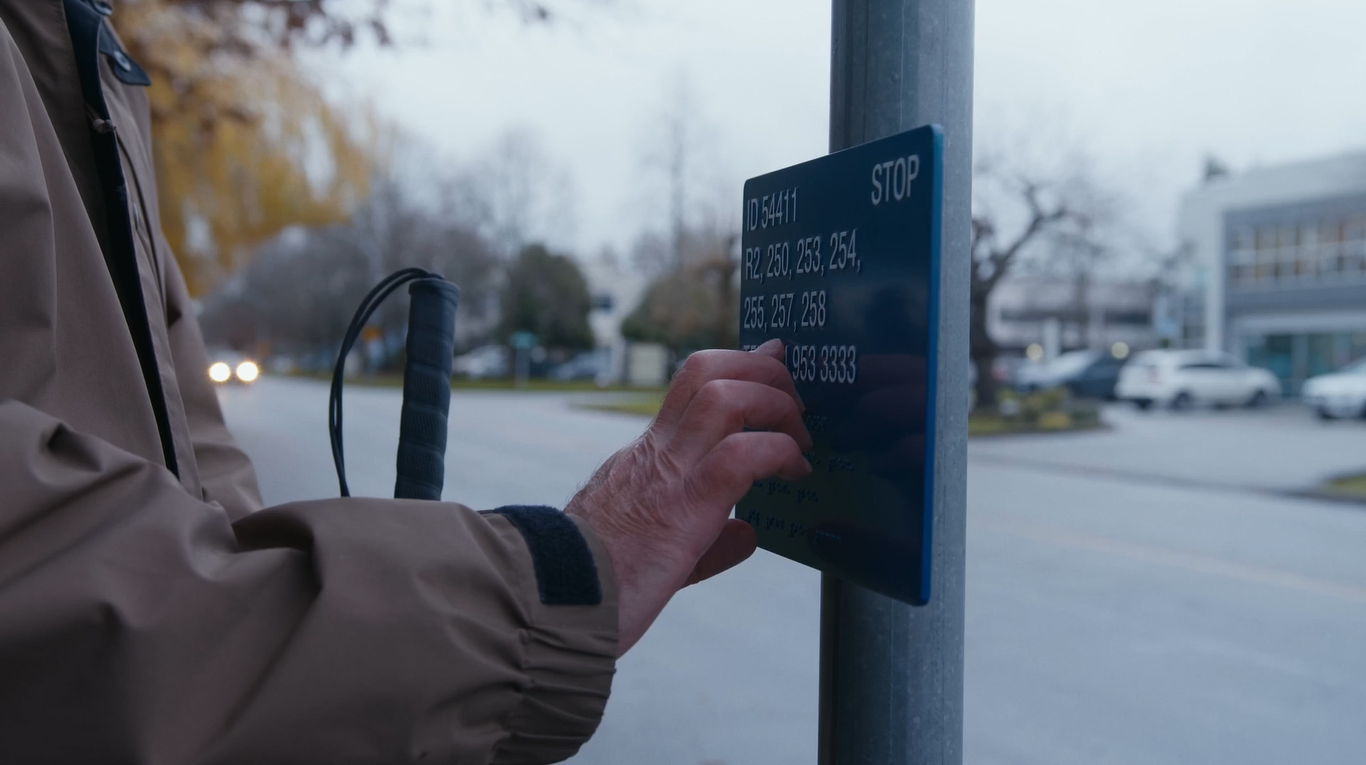
TransLink is the first transit system in Canada with braille signage on every bus stop — installed at more than 8,400 bus stops throughout the region.
In addition to the braille and tactile signage, tactile walking surface indicators have been installed at every bus stop located on property that TransLink owns. These raised surface indicators are mounted on the ground to help customers who are blind or partially sighted know they are near a bus stop and help direct them to the front door of the bus.
Customer service by phone in over 300 languages
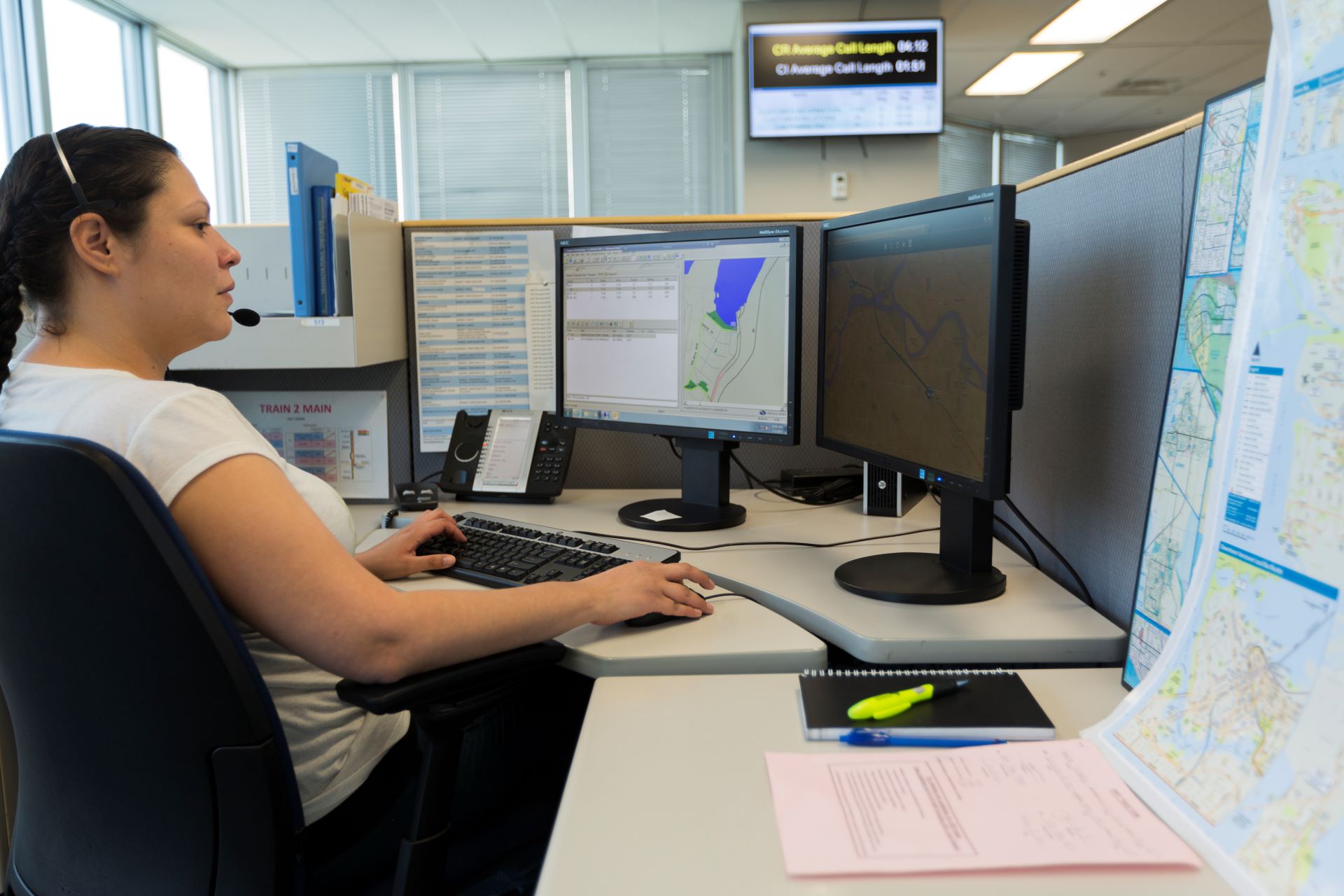
Metro Vancouver is rich in languages. According the 2021 census, one in eight Canadians predominantly speak a language other than English or French at home. For example, some of the most popular languages spoken here include Punjabi, Cantonese, Mandarin, Tagalog, Korean, Farsi, Spanish, and more.
That’s why we’ve introduced transit information by phone in more than 300 languages! To make it easier for everyone in the region to get to where they need to go by transit.
Accelerating TransLink’s real estate program

Housing affordability is one of the biggest challenges in the region. That’s why we’re doing our part to help increase the supply of housing. TransLink’s Board of Directors and the Mayors’ Council endorsed the pursuit of development around our real estate assets and transit service areas.
In 2023, we partnered with PCI to advance a mixed-use development proposal at the terminus of the Broadway Subway line at Broadway–Arbutus. We also took steps to initiate rezoning of the former North Vancouver Transit Centre at 3rd and St. Davids Avenue to deliver a mixed-use housing project. And finally, TransLink started master planning of property at Coquitlam Central Station to deliver a transit-oriented community in the future.
Car Free Days – our biggest year yet
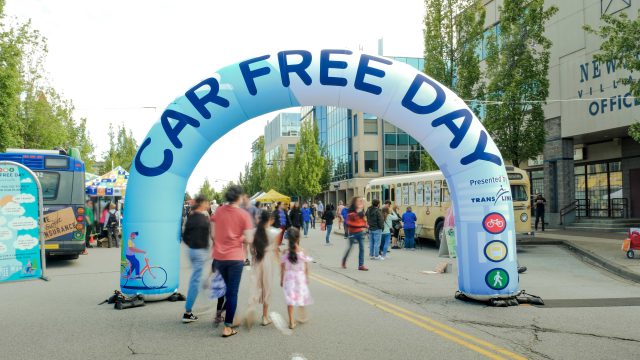
TransLink was the proud presenting sponsor of seven Car Free Day Festivals across Metro Vancouver, in partnership with Business Improvement Associations, municipalities, and local businesses. These events took place in Vancouver, Surrey, North Vancouver, Port Coquitlam, and New Westminster. More than 600,000 people attended Car Free Days in 2023; 90 per cent of people surveyed took transit, walked, or cycled to these events.
Look for more exciting Car Free Days in a community near you – coming soon!
Investments in infrastructure to support biking and rolling
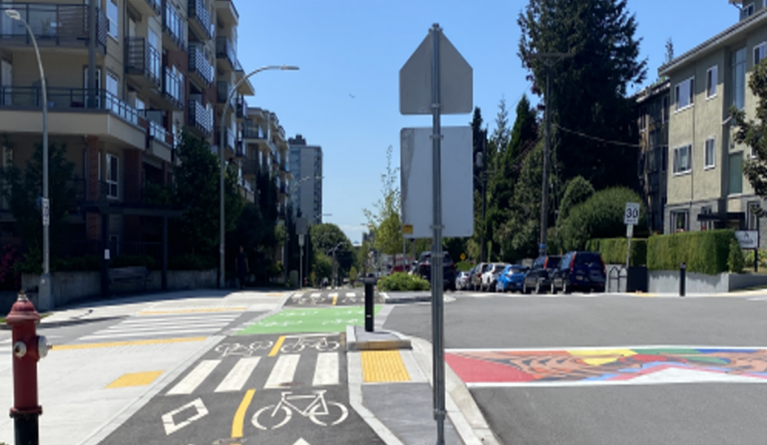
Did you know that TransLink is much more than just transit? We play a big role in making biking better for everyone in the region, including by funding cycling improvements, educational programs, maps, and other amenities.
Through our Municipal Cost Share Program, we partner with local governments to cost share 50 to 100 per cent of eligible capital costs for infrastructure that improve walking, biking, and rolling. In 2023, we provided about $17 million in dedicated funding for cycling alone.
Providing safe, comfortable, and connected infrastructure is one of the biggest things the region can do to get more people biking and rolling. And we’re proud of our accomplishments and those of our municipal partners in making this happen.
Taking climate action – we cut carbon emissions by 12 per cent!
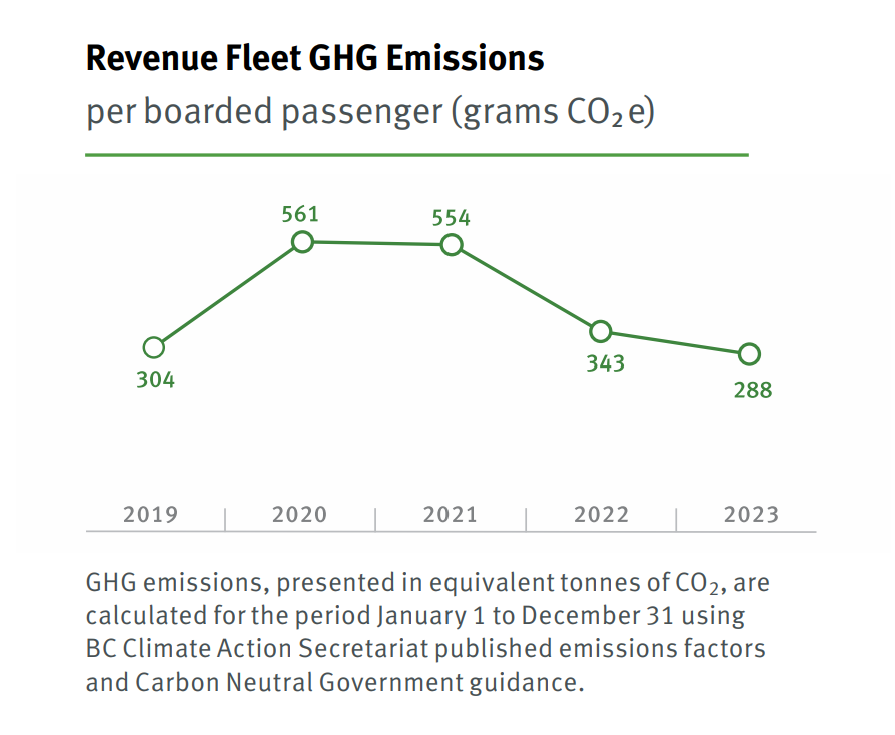
We’ve made big progress in taking climate action — on the road to net zero GHGs by 2050.
In 2023, we reduced our greenhouse gas emissions by about 12 per cent. This was mostly due to shifting our compressed natural gas bus fleet to 100 per cent renewable natural gas (RNG). RNG is produced from decomposing organic waste from landfills, municipal and agricultural waste, and wastewater from treatment facilities.
While we work to electrify as rapidly as possible, this transition takes time, which is why we’re introducing transition fuels, like renewable diesel into our bus fleet.
![]()
These are just a few of the big moves from 2023, to learn about the others, see the full Accountability Report.





